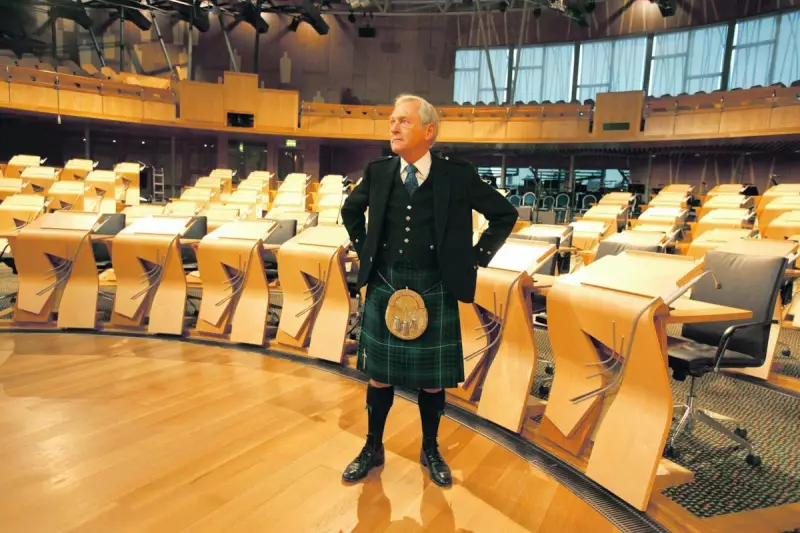
In a poignant address to the Scottish Parliament, Deputy First Minister John Swinney highlighted the enduring impact of journalism by recalling Michael Buerk's harrowing 1984 BBC report on the Ethiopia famine. The broadcast, which reached 400 million viewers worldwide, became the catalyst for Band Aid and Live Aid – the largest humanitarian relief efforts of the 20th century.
The Power of Broadcast Journalism
Swinney, addressing MSPs during a debate on the importance of reliable information, described Buerk's report as "one of the most significant pieces of journalism ever broadcast." The footage of emaciated children in Korem transformed global awareness, prompting Bob Geldof to organise the historic charity initiatives.
Holyrood's Media Ethics Debate
The Scottish Parliament discussion focused on maintaining trust in media amidst modern challenges of misinformation. Swinney argued that Buerk's work exemplified how factual reporting can drive tangible change, contrasting it with today's fragmented digital landscape.
"That single broadcast didn't just report news," Swinney emphasised, "it created news by mobilising governments, artists and citizens across continents." The SNP minister noted how the subsequent Live Aid concert raised £150 million (equivalent to £450 million today) while establishing new models for humanitarian response.





